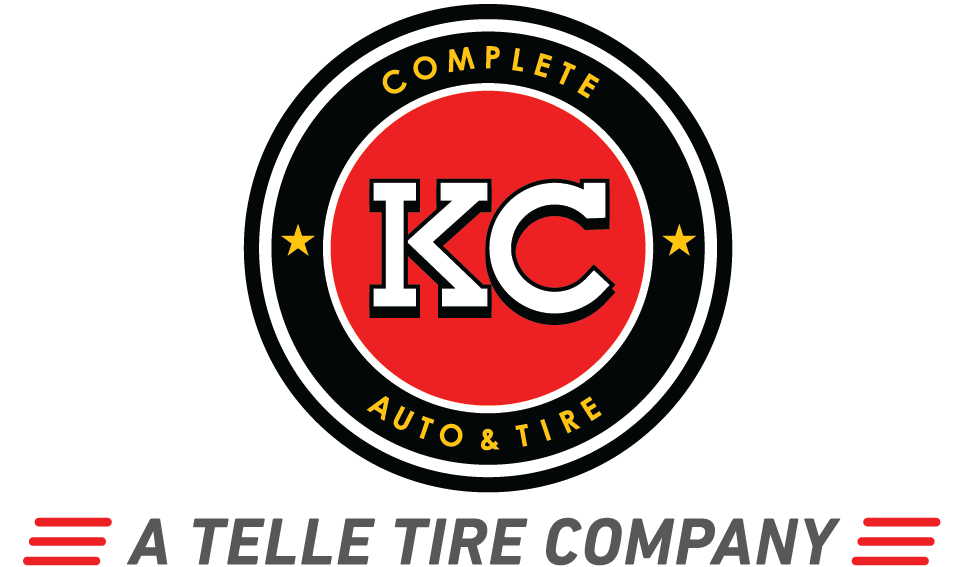Transmission Repair

Fast, Reliable Service from Trusted Transmission Repair Shops in Missouri
If your vehicle hesitates between gears, makes strange noises, or leaks fluid, don’t wait–take it to Telle Tire & Auto Centers. We deliver fast, dependable transmission repair, often with same-day service for minor issues like fluid flushes or reseals. With over 83 years of experience and ASE-certified technicians, we’re proud to be one of Missouri’s most trusted names in transmission care.
Transmission Repair Services Provided by Telle Tire
Transmission Fluid Service
Over time, transmission fluid collects dirt, debris, and metal particles that affect your vehicle’s performance.
- When you need it: Most vehicles need a transmission fluid change every 30,000-60,000 miles, depending on usage.
- Benefits of transmission fluid service: Fresh transmission fluid keeps your system cool and lubricated, prevents wear, and helps your car shift smoothly.
Transmission Flush
A transmission flush removes all existing fluid and contaminants before replacing it with clean, manufacturer-recommended fluid.
- When you need it: Ideal for vehicles with high mileage or signs of transmission trouble like slipping, delayed shifting, or overheating.
- Benefits of transmission flush: A flush thoroughly cleans the system, restoring optimal performance and helping prevent future breakdowns.
Transmission Filter Replacement
Transmission filters trap contaminants that can damage internal parts. A clogged filter reduces efficiency and causes wear.
- When you need it: Typically replaced alongside a fluid change every 30,000-60,000 miles.
- Benefits of transmission filter replacement: Clean filters keep your fluid pure, helping your transmission perform better and last longer.
Transmission Inspection
Our in-depth transmission inspection checks fluid levels, detects leaks, and evaluates performance.
- When you need it: Annually at minimum, but you may require it sooner if you notice rough shifting, delayed engagement, or unusual noises.
- Benefits of transmission inspection: Early diagnosis means easier, less expensive repairs and more peace of mind on the road.
Transmission Repair and Rebuilding
Major problems like gear slippage or transmission failure may require more than just maintenance.
- When you need it: If fluid services haven’t resolved the issue or your transmission has failed altogether.
- Benefits of transmission repair and rebuilding: Our expert rebuilds restore your transmission’s function, extending its lifespan without the cost of a full replacement.
Fast, Reliable Transmission Repairs Near You
Same-Day Service for Common Transmission Problems
Minor transmission issues, like low fluid, faulty seals, or sensor malfunctions, can be resolved quickly. At Telle Tire, we offer same-day service for these issues to help you avoid more costly repairs down the road.
We also offer advanced diagnostics to accurately identify serious issues and recommend the right repair the first time.
Experienced Technicians You Can Count On
We don’t believe in upsells or surprises. Just clear communication, honest quotes, and repairs done right the first time. Our ASE-certified transmission repair technicians have years of experience, bringing expert-level skill to every repair.
Transmission Repair with an Industry-Leading Warranty
We stand by our work to ensure you don’t need to worry about your vehicle. All Telle Tire transmission repairs are backed by our 3-year/30,000-mile warranty, so you can drive away with total confidence.
Common Questions About Transmission Repair
More Auto Repair Services from Telle Tire
At Telle Tire & Auto Centers, our expertise goes beyond transmission repair. In addition to expert transmission repair, Telle Tire offers a full range of auto maintenance and repair services to keep your vehicle running its best, including:
- Oil Changes: Regular oil changes are essential to engine performance and longevity. We use top-quality motor oil and filters to help reduce wear and protect your engine from costly damage.
- Fuel System Service: If your vehicle is hesitating, stalling, or showing signs of poor fuel efficiency, it may be time for a fuel system service. We’ll clean out carbon buildup and restore proper fuel flow for better performance.
- Brake Repair: Your brakes are your vehicle’s most important safety system. Whether it’s squealing pads, soft pedals, or a warning light, our technicians will inspect and repair your brakes to ensure optimal stopping power.
Get Back on the Road Fast!
Whether you’re dealing with a minor fluid leak or a full-blown transmission failure, Telle Tire is ready to help, with fast turnaround times, expert care, and service you can trust. Visit one of our transmission repair shops near you in St. Louis, Kansas City, or Jefferson City today and experience the Telle difference.

